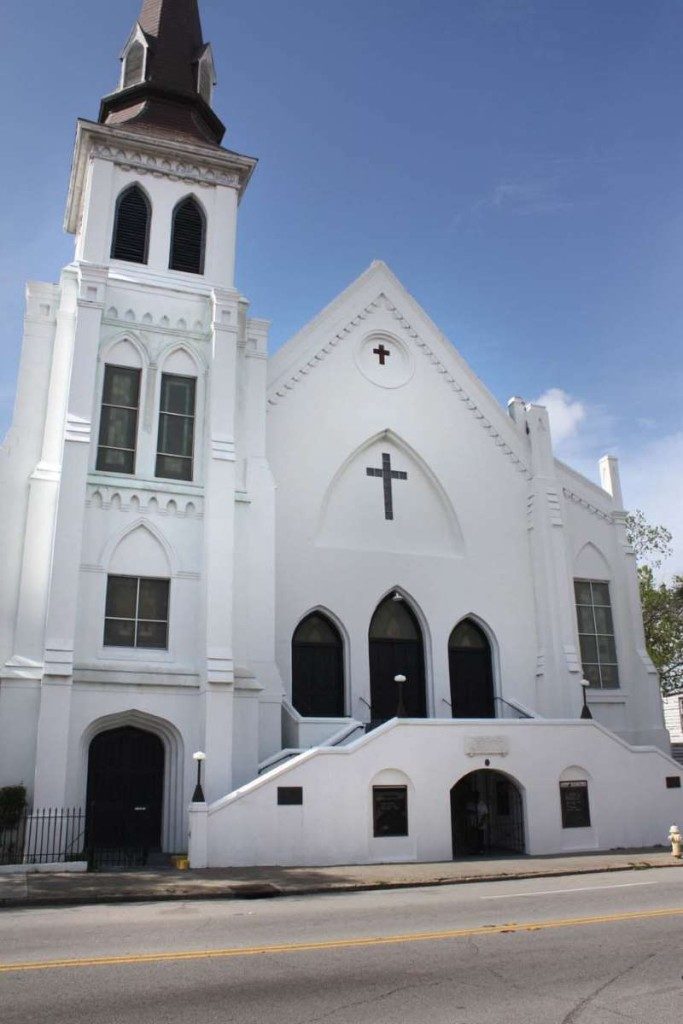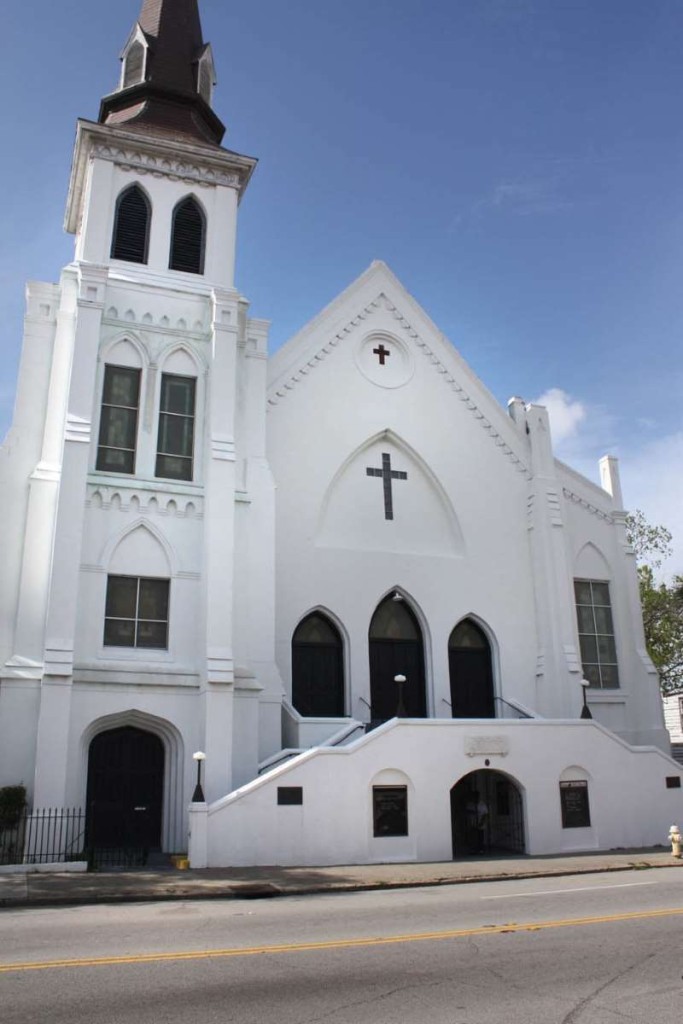By Meg Kinnard
Associated Press

COLUMBIA, S.C. (AP) – The FBI wants a federal judge to dismiss a lawsuit accusing the agency of negligence in last summer’s South Carolina church massacre, arguing that the agency was stymied by state and federal limits on background checks and local errors in record-keeping as it reviewed Dylann Roof’s handgun purchase.
The June 17, 2015, shootings by a young white man of nine black parishioners who had welcomed him to their Bible study renewed debates about race relations in the South. Roof was arrested in the shooting after posing online with the Confederate flag and telling a friend he intended to kill people at the historic black church to start a race war. The battle flag was subsequently removed from places of honor.
Lawyers for three survivors and the estates of five of the people slain inside Emanuel AME Church sued in July, arguing that if the FBI had done its job, Roof’s prior drug arrest would have shown up and his purchase of the .45-caliber handgun would have been denied.
In its response filed on Friday, the federal government denied that any FBI negligence was a factor.
“The shooting at the Emanuel AME Church was an atrocity of unspeakable proportions. The perpetrator’s actions were despicable,” attorneys for the government wrote. “But the United States is not liable in tort for the tragic death of plaintiff’s decedent.”
The FBI response cited a statement FBI Director James Comey made shortly after the shootings. Comey promised a full review and said the transaction should have been denied, but cited local record-keeping errors as the reason why Roof’s April 2015 gun purchase was allowed to go through.
Lexington County Sheriff Jay Koon provided more details that summer, telling The Associated Press that a jail clerk entered incorrect information for Roof’s February 2015 drug arrest, and that while the mistake was noticed within days, it wasn’t fixed in a state database. So when Roof sought to buy the gun two months later, an FBI examiner spotted the arrest, but called the wrong agency to get his record. Without the necessary documents, the purchase had to go through.
“While the Brady Act authorizes the FBI to temporarily freeze firearms sales for three business days while it researches whether state or federal law prohibits a particular buyer from possessing a firearm, the FBI has no authority to prevent a sale if, after those three business days have elapsed, it has not yet found definitive information demonstrating that the prospective purchaser’s receipt of a firearm would violate federal or state law,” the government’s lawyers wrote.
Congress has limited federal background checks to three days, although states can extend this window. South Carolina legislators filed a number of bills to increase the window after the shootings, but none advanced.
The FBI makes about 58,000 checks on a typical day, handled by about 500 people at a call center. The agency has reported that about 2 percent of the checks end without enough information to give an answer within the three-day window.
Roof is currently jailed pending death penalty trials in both state and federal court on charges including murder and hate crimes. His federal trial is scheduled for November, with his state trial planned for early next year.





